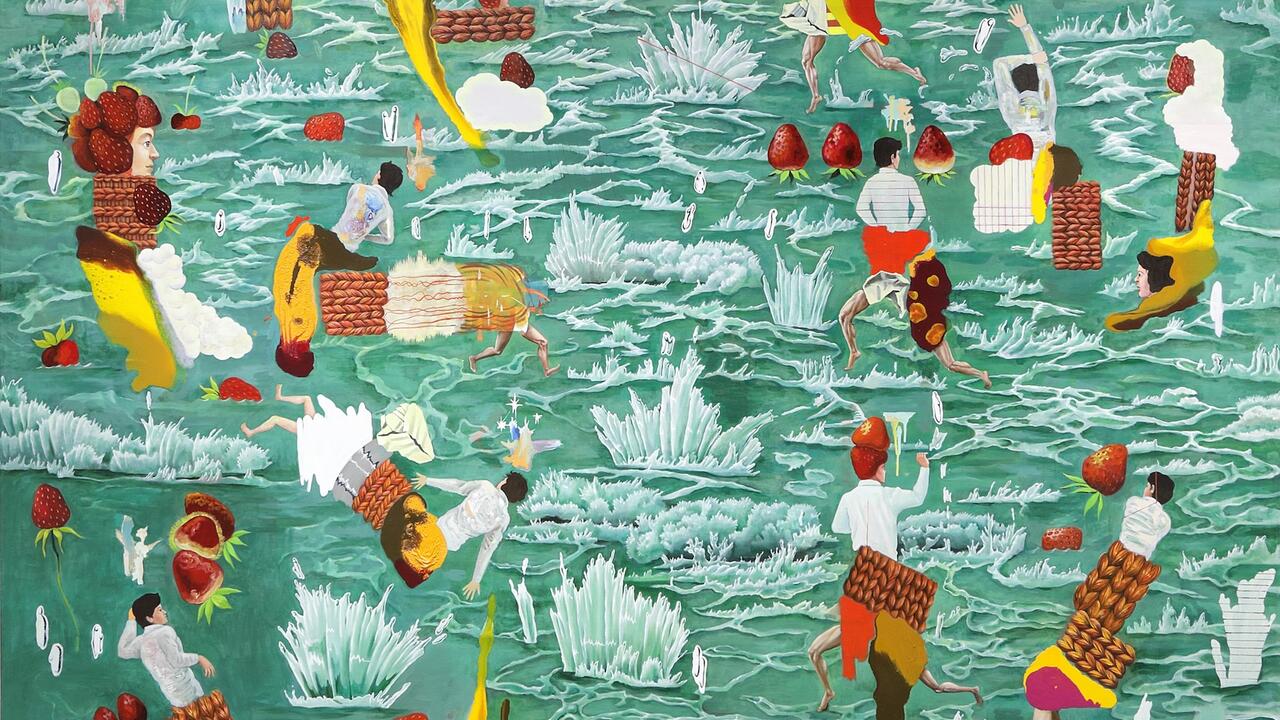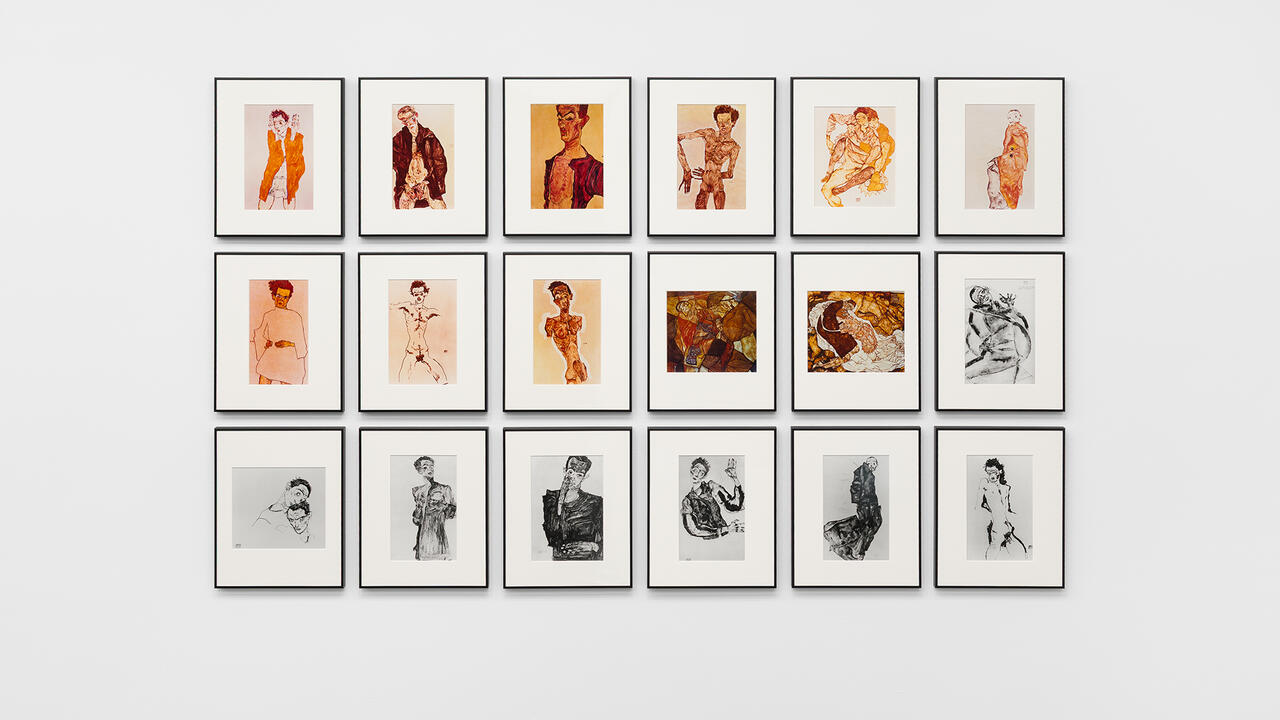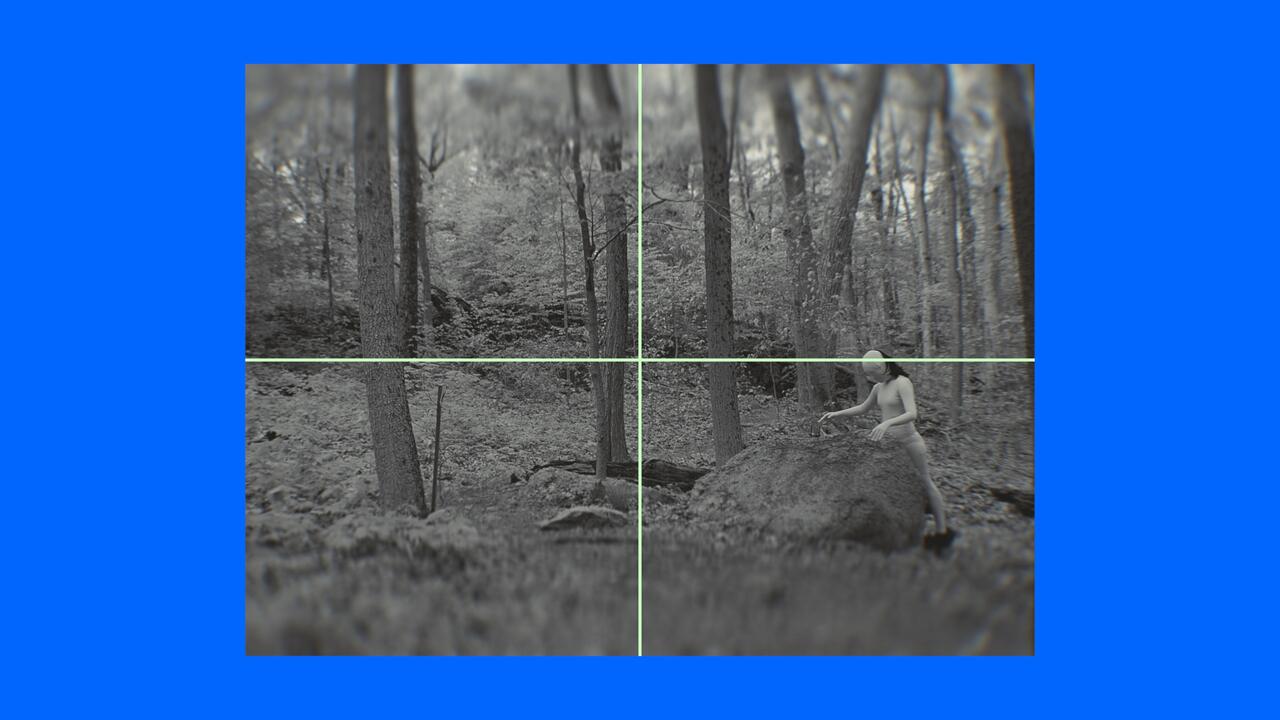Art
Wyndhams Theatre, London
Wyndhams Theatre, London
Art is a humorous play, translated from the French by Christopher Hampton, in which three friends fall out with each other over the purchase by one of them of a monochrome white canvas for £25,000. The characters comprise a suave, dandyish type (Tom Courtenay) who buys the painting, a bullish, plain speaking type (Albert Finney), offended by the purchase, and a weak-willed, conciliatory type (Ken Stott) who is ambivalent. Their custard-pie debate on the merits, or otherwise, of the painting becoming cruelly bitter, our three Stooges, like all good, male, art-lovers everywhere, start physically fighting. Finally, they are reconciled after an act of qualified vandalism using a black felt tip pen on the painting, and some white lies on each other.
In an English context, the play's admirable premise is incongruously humorous. Its un-English assumption is that middle class people enjoy buying contemporary paintings instead of Laura Ashley wallpaper, and even stranger than this that the frank discussion by men of their fondness for one another is normal. This production introduces a tremendous Englishness into the characters, to comic effect, and this is made plausible by very good acting and skilful exploitation of class accents and mannerisms.
Although a one-joke play, the device of the monochrome canvas and its ridiculing has proved very good for the box office. Reviewers like the play because it is intelligent, but not too intelligent, and for them the monochrome white canvas with its pronounced impasto of diagonal lines becomes, conveniently, a 'blank canvas'. This has acted as a magnet to anti-art Pooters and fundamentalist, contemporary art prohibitionists, come to enjoy what they perceive as a sort of public hanging. Similarly, many pro-art, Tony-Hancock-syndrome victims and liberal arts ninny complainers have been trotting up to enjoy having their prejudices confirmed. With shrill outrage they have deemed the play Fascist and the end of civilisation as we know it. The scale of reaction to the play gives it an unintended importance, in sociological terms, as partly defining the conditions and terms of contemporary art practice today. This importance may be considerable, as Art has been playing in over 50 theatres across Europe.
The prudent playwright,
Yasmina Reza, has strategically compromised the excesses and pronouncements of her characters. This means that, ironically for a play about value judgements, it lacks real opinion itself, other than a discreet, fashionable French defeatism, and is safely self-cancelling. The Pooters, led by the reviewers into the Wyndham by the nose to bray at the canvas, are denied confirmation of their prejudices as Reza fails to follow through the skinhead theorising and really put the boot in. There was even a remote chance that they may have been discomfited in their prejudices by some dangerously persuasive arguments put forward in favour of the painting. And their blunt, plain speaking character lets them down: he who has spent the whole play calling the canvas 'shit', to the delirious happiness of the Pooters, finally concedes that it may have some merit.
The pro-contemporary art lobby are also denied the legitimate satisfaction of receiving real offence. Their identification with the cutting edge through the 'art' value of the canvas and its purchaser is incomplete: it is actually a safely boring purchase the painting is over 20 years old and the artist's work is comfortably endorsed through representation in the Pompidou Centre. And the integrity of the painting's purchaser is completely compromised by his willingness to instigate the vandalism of it.
Reza intentionally allows the one unambiguous truth in the play a redemptive offering to perish in ridicule. The weak-willed character, the real hero of the play, recounts a therapy-speak platitude given to him by his therapist. The platitude, about personal boundaries, is trippy and embarrassingly West Coast, describing the danger of confusing over-identification of oneself with external things especially other people and their opinions. This is actually quite reasonable in the context, if gauchely unaesthetic. But as an opportunity for healing, it only unites the whole theatre audience and characters in base laughter, to everyone's loss. To the degree that Reza's characters allow over-conditionality to be present around art, money, relationships so they are seen to perish when one part of their linked, multi-lateral esteem-edifice is damaged. The play indicates that when insecure people want security, through seeking absolute truth for themselves, then their choices of art (as in religion) will exclude, by definition, mutual tolerance.
This is a slight, but funny play which has had the excellent good fortune of being favourably misunderstood. Art has one clever device, sustainable for its 90 minutes because of its extremist potency, and has been elevated beyond its station by some superfine acting. Also, unusually, it has gained in translation, its comic value increasing when its French psyche is squeezed into English drag. Art is not really about art, friendship, money, masculinity, ideas or honesty, but is simply very, very good entertainment with slapstick tendencies. Its only purpose, which it fulfils successfully, is to be a play and to make people laugh. However, its longer term interest may be as a sad, unintentionally important pointer: marking the sinister build-up of the aesthetic re-armament race.

















